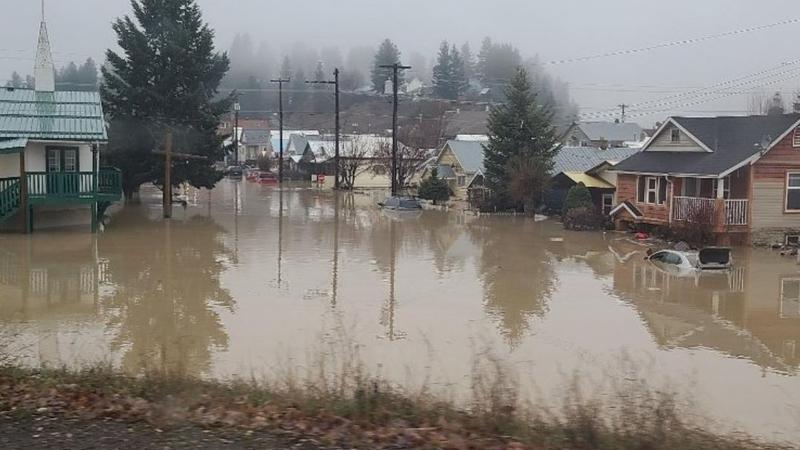
B.C. disaster to impact local supply chains: expert
MEDICINE HAT, AB – The pandemic has brought on a number of shortages of goods and services already, but an unfolding disaster in B.C. will likely mean even more supply issues, businesses and academics told CHAT News on Wednesday.
Sections of a pair of major routes, the Coquihalla and Trans-Canada Highways, have been closed due to flooding and landslides, leaving transport routes blocked, motorists stranded on roads and truckers delayed.
A supply expert with the University of Alberta says it all adds up to more supply chain problems.
